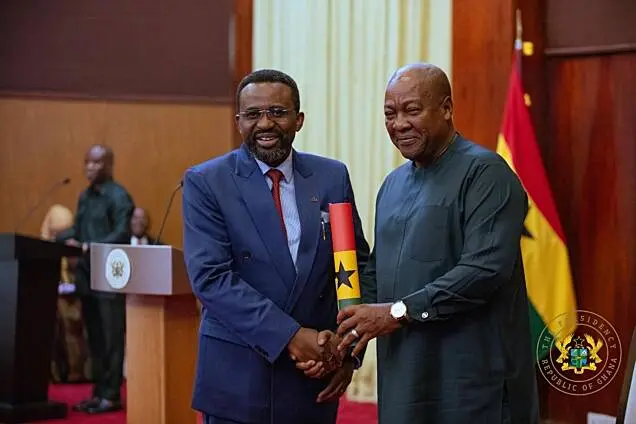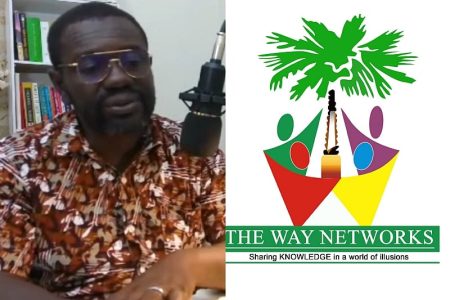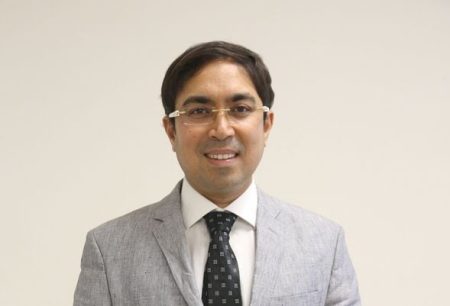President John Dramani Mahama’s appointment of Dr. Johnson Asiama as Governor of the Bank of Ghana (BoG) has sparked a heated controversy, primarily fueled by the opposition New Patriotic Party (NPP). The NPP’s contention stems from Dr. Asiama’s past involvement in the collapse of UniBank and UT Bank, legal battles which were eventually dropped by the government. They argue that this history casts a shadow over his suitability for such a critical role, one demanding impeccable integrity and public trust. Despite the opposition’s concerns, President Mahama has firmly stood by his decision, emphasizing Dr. Asiama’s experience and decisive leadership qualities as crucial assets in navigating Ghana’s turbulent financial landscape.
The President’s unwavering support for Dr. Asiama underscores his belief in the embattled governor’s ability to steer the BoG through the ongoing financial crisis. He views Dr. Asiama’s experience, not as a liability, but as a valuable asset, implying a deep understanding of the complexities of the financial sector. President Mahama’s stance suggests a strategic calculation: that Dr. Asiama’s intimate knowledge of the very issues that led to the banking crisis positions him uniquely to implement effective solutions and prevent future occurrences. This perspective contrasts sharply with the NPP’s view, creating a distinct divide in the interpretation of Dr. Asiama’s past.
The NPP’s opposition centers on the ethical implications of appointing someone with Dr. Asiama’s history to such a high-profile position. They argue that his past involvement in the banking collapses, regardless of the dropped charges, raises serious questions about his judgment and ethical standards. The NPP’s concern extends beyond Dr. Asiama’s individual suitability to the broader impact on public trust in the BoG. They argue that appointing someone with a questionable past could further erode public confidence in the institution, especially at a time when the financial sector is facing significant challenges. This, they contend, could exacerbate the existing crisis and hinder efforts to restore stability.
President Mahama, however, counters this argument by highlighting the urgent need for experienced leadership. He portrays Dr. Asiama as a seasoned professional capable of taking decisive action to stabilize the financial sector and restore growth. He emphasizes the severity of the crisis, suggesting that it demands a leader who can quickly and effectively implement necessary reforms. This implies that the President prioritizes practical experience and swift action over the potential for perceived ethical conflicts. He effectively casts Dr. Asiama as a pragmatic choice, a necessary step to address the immediate challenges facing the Ghanaian economy.
The clashing perspectives on Dr. Asiama’s appointment reveal a deeper political divide. The NPP’s opposition can be interpreted as a strategic move to challenge the President’s authority and highlight perceived flaws in his administration. Their focus on ethics and public trust serves as a platform to critique the government’s broader handling of the financial crisis. President Mahama’s steadfast support for Dr. Asiama, on the other hand, demonstrates his resolve and confidence in his own judgment. He frames the appointment as a necessary measure to address a pressing national issue, positioning himself as a decisive leader willing to make tough choices.
The controversy surrounding Dr. Asiama’s appointment ultimately boils down to a fundamental disagreement over the relative importance of experience versus ethical considerations in leadership. President Mahama prioritizes experience and decisive action in the face of a national crisis, while the NPP emphasizes the importance of maintaining ethical standards and public trust. The debate highlights the complex and often conflicting factors that must be considered when appointing individuals to positions of power, especially in times of crisis. The long-term consequences of this appointment, and whether Dr. Asiama can effectively navigate the challenges ahead and restore stability to Ghana’s financial sector, remain to be seen.














